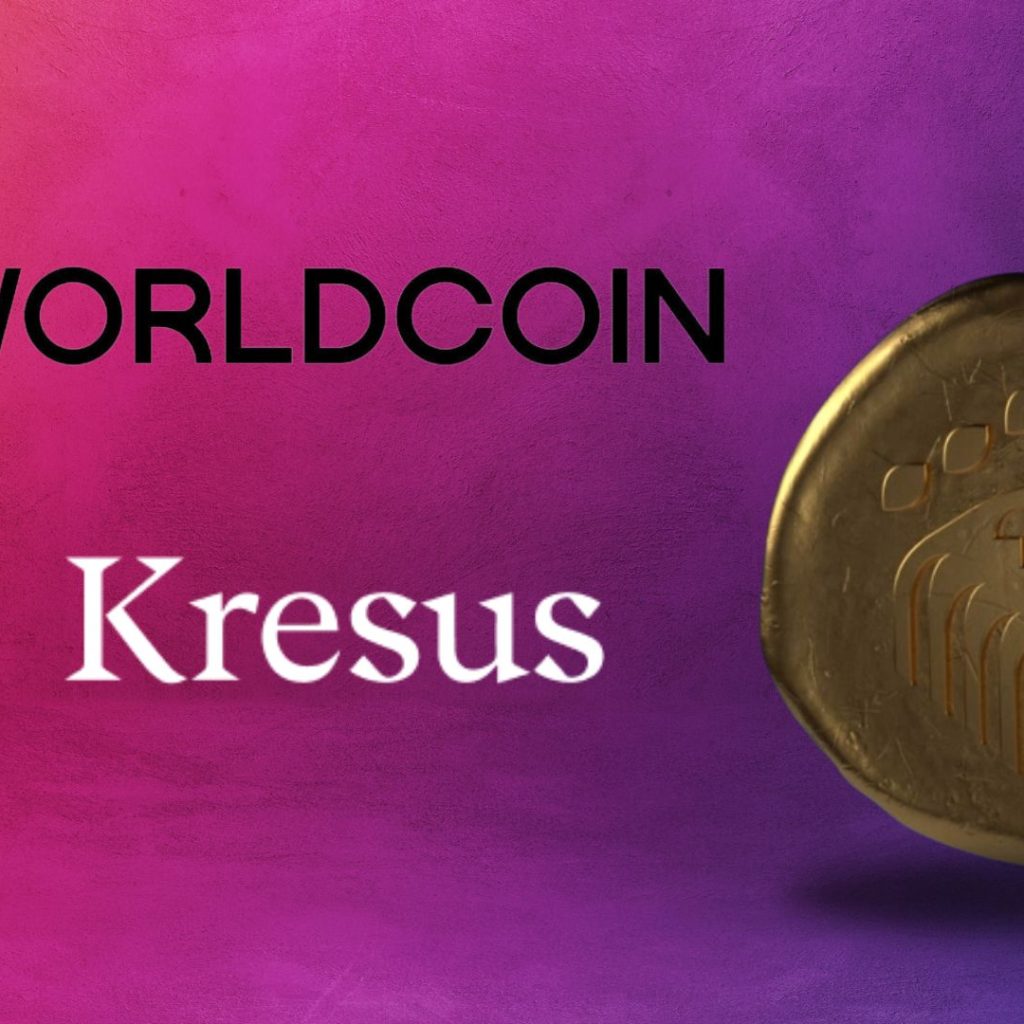The sentiment for Bitcoin is currently one of worry and concern. Will $BTC fall further? Is the bull market over? Should investors sell everything and get out while they still can? No! Bitcoin is in its bull market. It has a good long way to run yet, and if the price dips, it’s another potential opportunity to buy more.
The unnerving ups and downs of the crypto market
For those new to crypto, the swings up and down in price can sometimes be unnerving. One week, and Bitcoin is knocking on the door of the previous all-time high, another week, and Bitcoin is threatening to fall off a cliff and descend into a bear market before time.
However, this is how it is, and sometimes it’s just a case of holding on for dear life. That said, if previous bull market corrections are compared with the current ones, the 20% corrections that Bitcoin is presently experiencing are a lot less than the 30%, 40%, and even up to 70% corrections of previous bull markets.
Experienced traders would always say that the best time to invest is when the market looks as though it's going to cave in (or has just done so) and when you feel sick to the stomach, and the last thing in the world you want to do is to put any more money in.
For all that, the main thing is to think through what Bitcoin is, and also what the fiat monetary system is. Let’s start with the fiat.
What is fiat currency?
“Fiat” is a word given to currency that has no sound backing behind it. Sound backing would be something like gold or silver that the currency is tied to. This used to be the case in the US, until President Nixon took the US dollar off of its partial gold backing in 1971. The reason for this was that gold backing required the US government to be very conservative and only spend what it could afford.
Once Nixon reneged on this, the genie was out of the bottle, and ever since that time the US government has been able to spend whatever it wants in order to go to war, or to keep printing in order to pay the interest on an ever-increasing debt pile.
The word “fiat” also means the currency printed by a government, that has as a backing the value that comes from the trust in that government’s ability to pay its debts.
The constant fighting of wars, and the ensuing printing of more and more fiat currency in order to finance said debt and wars means that an ever-larger avalanche of currency enters the system, thereby diluting the existing fiat currency, and debasing its value.
For the wealthy, this isn’t really problematic, because they hold assets. As the value of the currency decreases, the prices of the assets go up. However, the poor, and many of the middle class do not generally possess assets, so their wealth decreases as debasement steals it from them.
Therefore, when you sell your Bitcoin, you are making the choice to sell an asset that is far scarcer than gold, and more than this, you are choosing to replace it with fiat currency.
Once you have made the swap, your fiat currency is a melting ice cube in the bank that, according to macro analyst and investor Raoul Pal, will generally lose around 12% per year in purchasing power (around 4% to inflation, and 8% to debasement).
What is Bitcoin?
Bitcoin is a digital asset that absolutely anyone on earth can own, with probably the only barrier to entry - a mobile phone.
Bitcoin is very scarce. There is an absolute supply of only 21 million BTC. Of this amount, around 6 million has been lost forever. More than 19 million BTC have already been issued, which only leaves less than 2 million to come over the next several decades.
A holder can send Bitcoin to anyone in any country on the planet, and it cannot be taken away by any government or its agency. Over its short lifetime of 15 years it has increased in value against the US dollar by some 22 million percent.
Over the next few decades it will arguably continue to take more and more value from all fiat currencies, stocks, real estate, gold and silver, and every other asset in the world. In fact, it might be said that Bitcoin is eating everything.
A long term time horizon
To conclude - if you bought Bitcoin why on earth would you worry about the price? Of course, it must be borne in mind that your time horizon needs to be a long one. The aforementioned volatility in Bitcoin can swing the price up and down wildly sometimes, but if you hold this asset for the next 10 years, previous price history suggests that this asset should continue to go up in value.
Finally, nothing is certain in markets, and even Bitcoin could suffer some kind of black swan event in the future. Hedging into other ‘sound money’ assets, such as gold or silver, or certain tech stocks, could provide a more secure portfolio. Doing one’s due diligence and research on all assets held is perhaps a good strategy.
Disclaimer: This article is provided for informational purposes only. It is not offered or intended to be used as legal, tax, investment, financial, or other advice.





